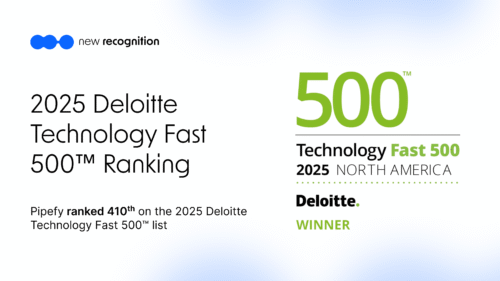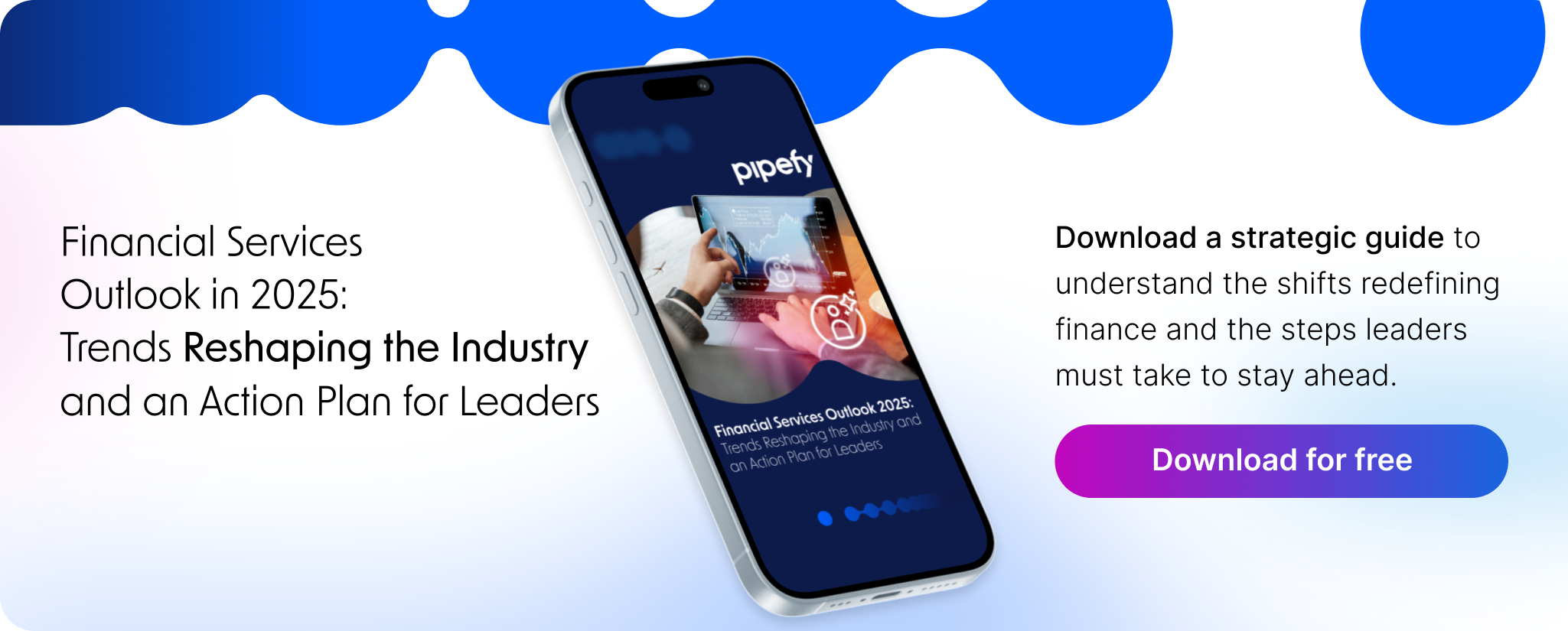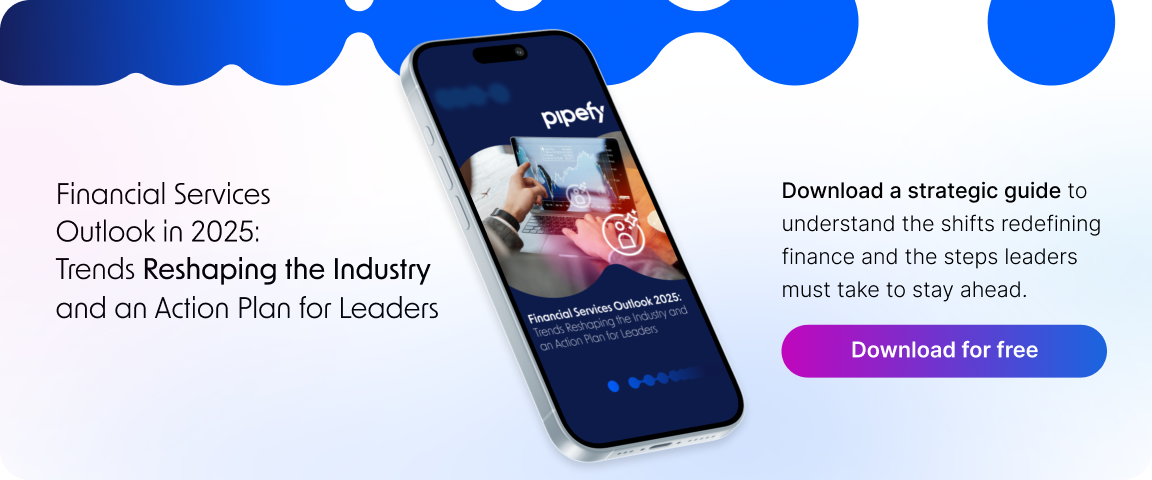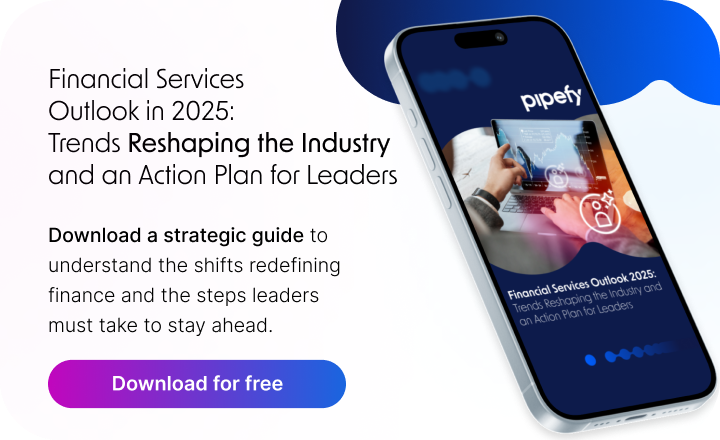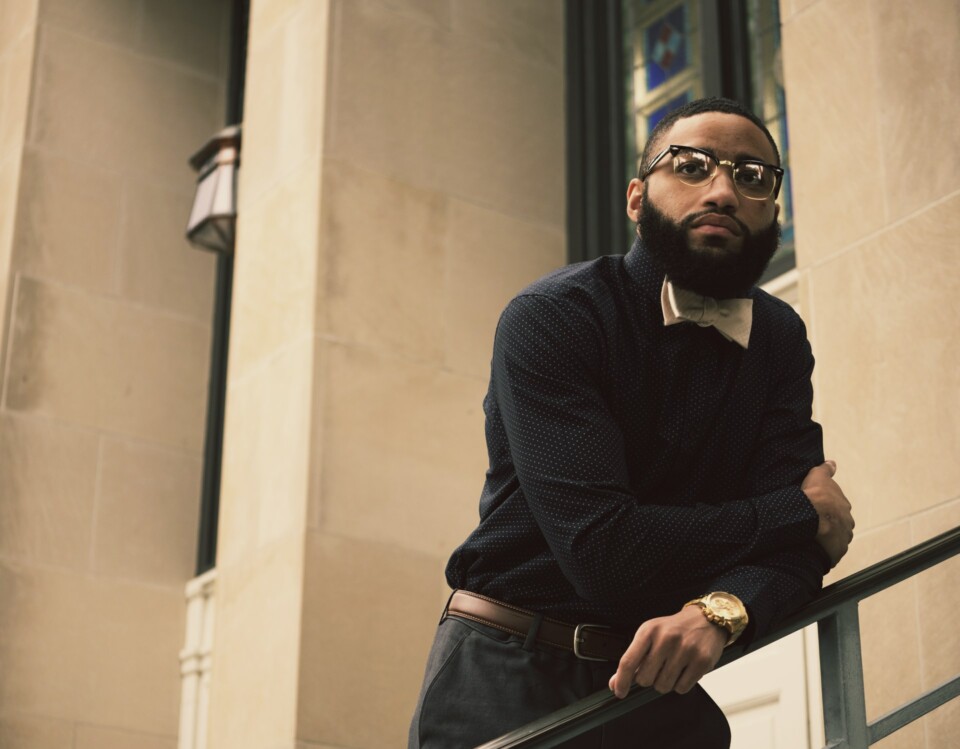
Millennials comprise 35% of the current workforce, making them the largest segment of workers today. Born between 1981 and 1996, Millennials share some characteristics with both their predecessors, Generation X, and the Gen Z workers who are following them into the workforce.
Overview
Millennials may have less work experience than their Boomer and Gen X counterparts, but these workers are earlier in their careers and the first generation to include people thought of as “digital natives.” Digital natives are persons who have had access to technology since childhood. By some measures, only those Millennials born after 1989 fit the description. Older Millennials may be more aligned with Gen X in terms of how long they’ve been immersed in the world of technology.
Geriatric millennials
This divide between Millennials who were born earlier and those born later has received a great deal of attention recently. The oldest Millennials are now in their early 40s, a subgroup sometimes referred to as “elder millennials” or even (humorously?) as “geriatric millennials.” These Millennials, born in the early 80s, may have more in common with Gen X than the younger members of their own generation.
The overlap in early exposure to technology means that both older Millennials and their Gen X predecessors likely possess a balanced skill set that makes them valuable additions to any team. These employees are equally adept at the soft skills of communication, negotiation, and team building as well as the hard skills that drive technology and innovation.
Millennials have sometimes been referred to as the “unluckiest generation,” due to the fact that many of them had just begun their careers when the Great Recession of 2008 unfolded, an event that delayed or derailed advancement opportunities and set them back financially. Millennials now find themselves navigating another career-impacting crisis: the COVID-19 pandemic.
Pandemic experience
Early research indicates that Millennials are having a tougher time adjusting to their post-pandemic reality than Boomers and Gen X. According to Blue Cross Blue Shield, Millennials experienced an increase in the the rates of several mental health conditions in response to the pandemic. These include depression and substance abuse disorders.
A separate finding brings the stress of the pandemic for Millenials into even sharper relief: 92% of Millennials surveyed said that COVID-19 has had a negative impact on their mental health. In another study by SHRM, Millennials were second only to Gen Z when it came to reporting tiredness/lack of energy from work.
| Generation | % who reported feeling “emotionally drained” after work |
|---|---|
| Millennials | 43% |
| Generation X | 32% |
| Boomers | 29% |
Outlook: The Harmonizers
Despite the challenges they face, Millennials possess a distinct set of advantages in today’s workforce. In addition to their broad range of soft and hard skills, most Millennials still have at least half of their working career ahead of them. This means they will exert influence over their teams and businesses for a long time to come, as well as having more time to adapt to changes in technology and the workforce than their Boomer or Gen X counterparts.
Millennials will likely play a harmonizing role in the workforce for the next few decades. Millennials will bridge the divide between senior workers who have accumulated experience, knowledge, and wisdom, and the younger workers who may be technologically savvy but lack experience in the workforce.

